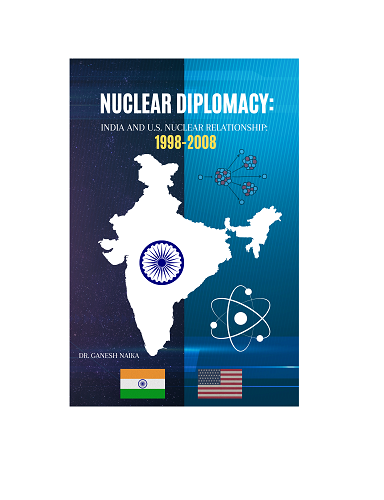Description
ABOUT THE BOOK
India and the United States’, world’s two largest democratic countries have encountered a number of difficulties in the journey of their bilateral relationship. Dennis Kux, author of ‘Estranged Democracies: India and United States, 1941-1991’ described this complex bilateral relationship as “Estranged Democracies”. Since the establishment of the Nuclear Non-Proliferation Treaty, or NPT treaty, there has been controversy surrounding India-US nuclear ties. This problematic relationship exacerbated following the Pokhran-I and Pokhran-II nuclear tests. However, following Pokhran II and the September 11, 2001 terrorist attack in the US, there was a significant change in the US stance from “estrangement to engagement,” as seen by the signing of the “Civil Nuclear Agreement,” also known as the “123 Deal.” Therefore, this book highlights the various factors motivated the shift in the bilateral relationship.
In this context, the 1998–2008 period between India and the US is more significant in the history of the two nations’ bilateral relationship because those ten years are seen as the beginning of serious efforts to improve ties between the two countries in the nuclear domain, starting in 1998 with intense dialogues. It culminated with the ‘India-US Civil Nuclear Agreement in 2008. As a result, the nuclear relationship between India and the US saw a significant shift between 1998 and 2008. This book analyses the significant shift in the India and the US nuclear relationship.








Reviews
There are no reviews yet.